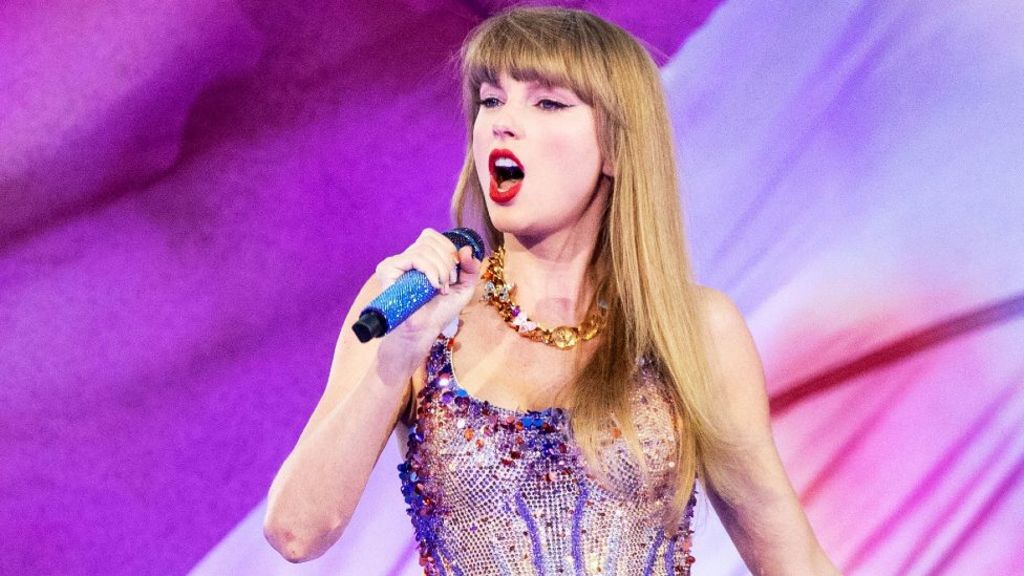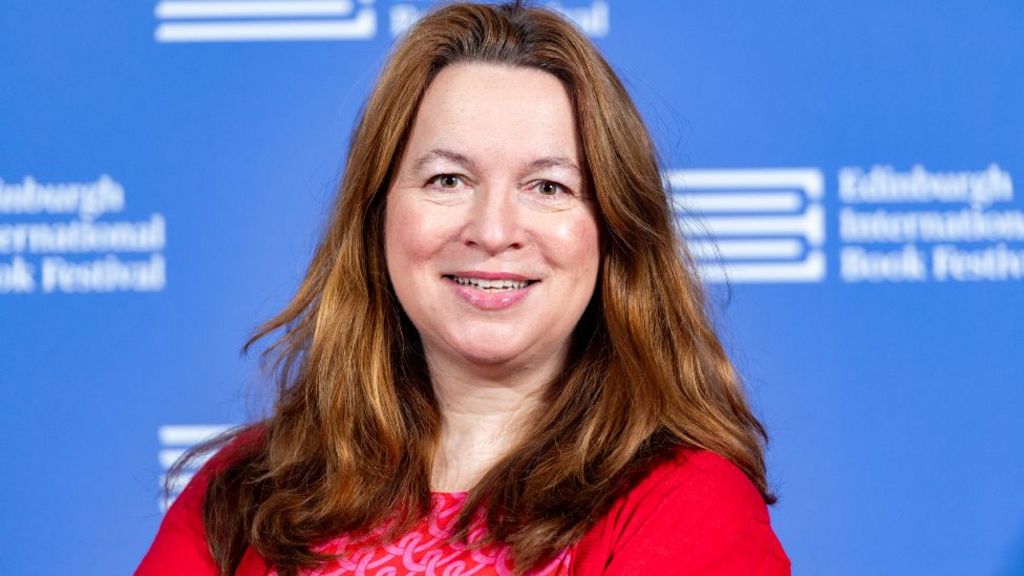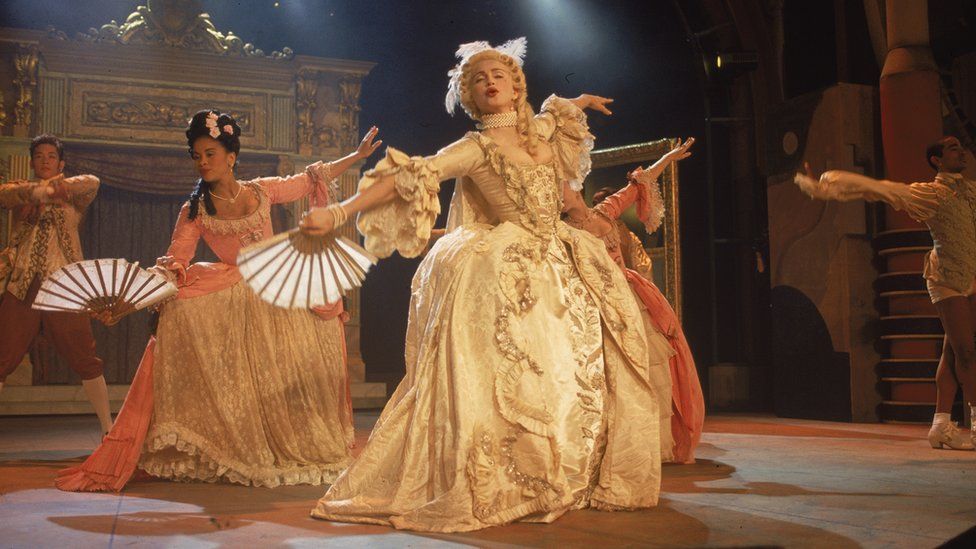
Following calls for organisational change in the fallout of Eurovision 2024 in Malmö, the European Broadcasting Union created a new role: Director of the Eurovision Song Contest. And today they’ve confirmed that their search is over and revealed that Martin Green — Executive Producer of Eurovision 2023 in Liverpool — will take the reins from November.
Liverpool was by almost all accounts a huge success — creatively, financially, and organisationally. The contest had to be delivered on behalf of Ukraine and on a condensed timeline, showcasing Martin’s strategic skills and efficiency.
The statement from the EBU, which you can read below, does not mention or include comment from Martin Österdahl, the Executive Supervisor of the Eurovision Song Contest. You’ll remember he faced intense criticism — including from officials at participating state broadcasters — during and after Malmö.
Martin Green joins Eurovision Song Contest in new Director role (PRESS RELEASE)
“With the tremendous growth of the Eurovision Song Contest as an event and brand, the European Broadcasting Union (EBU) has appointed broadcast events leader Martin Green in a new role as Director overseeing the world’s biggest entertainment show.
Green’s track record as an executive producer of major events includes the ceremonies of the London 2012 Olympic and Paralympic Games, Hull UK City of Culture 2017, the Birmingham Commonwealth Games 2022 and the BAFTA-winning Eurovision Song Contest (ESC) in Liverpool in 2023 on behalf of Ukraine.
“Martin’s experience, strategic thinking and creative energy will be invaluable to the song contest as we get set for the 2025 event and evolve into the future,” said Jean Philip De Tender, the EBU’s Director of Media and Deputy Director-General.
“The creation of this senior role and Martin’s appointment reflect how we’re building on the history and the strengths of a unique platform that celebrates the power of music to bring people together. ”
Green, who was made CBE in the 2017 UK Queen’s New Year Honours List, is currently Vice President of global live events at the entertainment company TAIT. He will start as Director of the ESC in November.
Launched in 1956 as a live broadcasting experiment with seven nations competing, the ESC now attracts contestants from dozens of countries across the EBU membership, a TV audience in the hundreds of millions and global online reach in the billions.
“The Eurovision Song Contest captures the imaginations of people across generations, countries and cultures. It remains a beacon of joy, artistry and diversity – and a testament to the inclusive power of public service broadcasting,” said Green.
“Being asked to lead the event is a dream come true and I look forward to working with everyone involved to take the project and the brand into an exciting future.”
The 69th edition of the Eurovision Song Contest will be held in Basel, Switzerland on 13-17 May 2025. The list of participating broadcasters will be announced by the end of this year.”
Martin Green fills new EBU new role
In July, in an interview with Swedish Radio, EBU Media Director, Jean Philip De Tender, confirmed that Martin Österdahl would stay on as Executive Supervisor. The tasks of the Executive Supervisor will be spread out to more roles, including the new ESC Director.
The ESC Director’s responsibility will be of a more strategic manner, with the Executive Supervisor focusing solely on the production of Eurovision and more hands-on matters during the contest.
Commenting on the controversial events surrounding this year’s contest and what the EBU’s investigation led by an independent expert concluded, De Tender noted:
”When the Eurovision Song Contest started almost 70 years ago, our agreements with the artists were on one page, today they are on hundreds of pages. We need to be clearer and really work to ensure that everyone participating in the event understands what they are getting into.
“The new updated rules do not change anything regarding Israel’s participation, as the rule is still that as long as the broadcasting TV company can demonstrate that they are an independent public service company, they are allowed to participate.
“Eurovision must continue to be a non-political event in the same spirit as the Olympic Games.”















